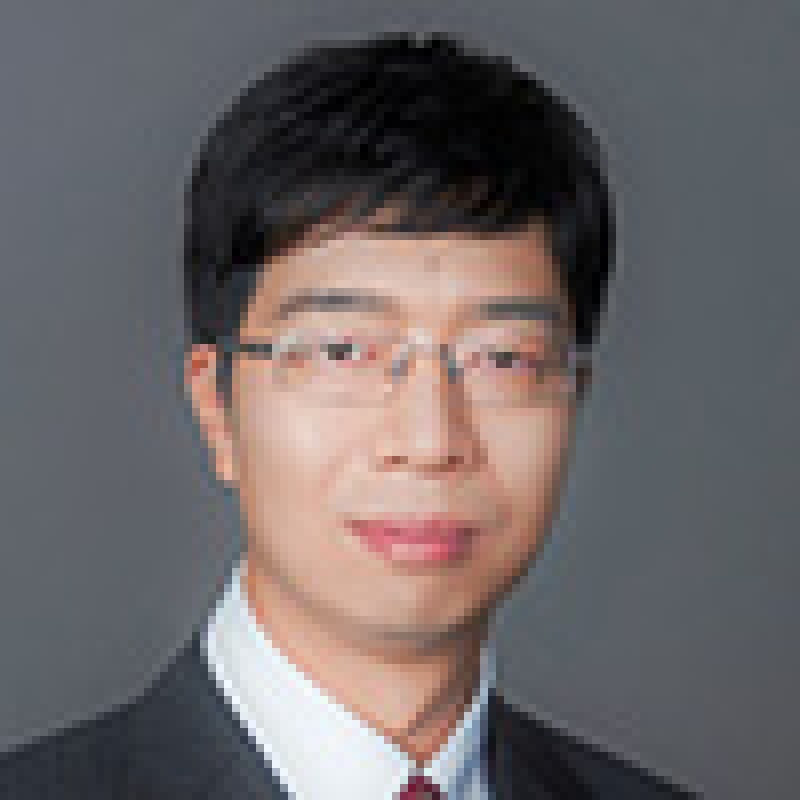On April 26 2019, the Supreme People's Court (SPC) issued special rules on its technical patent investigators (provisions), effective as of May 1 2019, which formally stipulate the procedures, duties and liabilities related to the participation of technical investigators in the trial of IP cases. The issuing of the provisions is also an acknowledgement of the successful trial run of the technical investigator system in the last four years.
Introduction of the technical investigator system
Technical investigators, also known as technical researchers or investigation officers, are professionals with technical backgrounds who can assist judges with investigating technical facts and advise on technical issues. The technical investigator system, which many people believe is a result of Japan's judicial practice, was introduced following the launch of three specialised IP courts in Beijing, Shanghai and Guangzhou at the end of 2014. Before that, the judges often found it challenging to try cases involving technical issues, such as civil and administrative patent cases, due to lack of technical background. Although they could rely on expert testimony and reports from judicial appraisal centres to find out the technical facts, expert testimony was often viewed with concern about potential bias, and judicial appraisal often took a long time. The tremendous increase in cases involving complicated technologies made the problem even worse.
Unlike expert witnesses who represent the parties, technical investigators are judicial officers appointed by the courts and should provide unbiased and neutral opinions on technical issues. They are not technical judges either, but assistants – their work should only focus on the technical issues, and the judges have discretion on whether to accept their technical advice or technical investigation opinions in determination of technical facts. Article 6 of the provisions makes a list of all duties of technical investigators in the trial of technical IP cases, including (a) offering advice on the focus of disputes, and the scope, sequence and methods of investigation related to technical facts, (b) participating in investigation, evidence collection, inquisition and preservation, (c) participating in inquiry, hearing, pretrial conference and public trial, (d) offering technical investigation opinions, (e) assisting judges in organising appraisers and experts to offer their opinions, (f) attending deliberation of judge bench and other relevant meetings, (g) completing other relevant work.
Apparently, the technical investigators have done a good job so far – by the end of March 2019, the 89 technical investigators appointed by the Beijing IP Court had participated in the fact finding of 1,376 cases, including attending 910 hearings and submitting 780 technical opinions. It was reported that with the technical investigator system, fewer patent litigation cases were reversed by the appellate court on the grounds that the technical facts were incorrectly found.
Impact on litigation strategy
Undoubtedly the technical investigators will wield significant influence over a judicial panel's decision by advising on technical issues. It is important that litigants understand their roles and adjust litigation strategy accordingly.
With the attendance of technical investigators, litigants can spend more time explaining the technical details in more accurate language, rather than over-simplifying complicated technical issues. The litigants may consider submitting a detailed brief before the court hearing (which is not common in China) and count on the technical investigators to assist the judges with understanding the technical issues. It is also possible for the litigants to hire expert witnesses to help explain relevant technical facts to the court because their opinions, when questioned and accepted by the technical investigators, are more likely to convince the panel. Moreover, patentees should be aware of the doctrine of prosecution estoppel–with strong technical backgrounds, the technical investigators can easily recognise patentees' inconsistency in claim construction between the patent infringement proceedings and the patent validity proceedings.
The litigants can sometimes make use of the opportunity to establish prima facie evidence and persuade the judge to initiate evidence preservation or trigger the shift of burden of proof. In the patent infringement case Sogou v Baidu, tried by the Beijing IP Court, given the nature of the accused infringing product which is a Chinese input method software, Sogou was not able to prove that the software had implemented all the steps as claimed. Nevertheless, with the aid of the technical investigator who had rich experience in software development, the court was convinced that there was a high likelihood that the software infringed the patent for it had all the functions of the claimed patent, and therefore shifted the burden of the proof to the defendant, i.e. asked Baidu to prove that the accused software used a different flow from the patent. As a result, time-consuming judicial appraisal was avoided.
Litigants are struggling with how to clear up any potential misperception or incorrect understanding of the technical issues. After all, there is no opportunity to cross-examine these technical investigators nor find out about their views or opinions. This issue may be inherent to the entire system, offering no solution.
The technical investigator system has proved to be helpful in improving the efficiency and accuracy of the IP specialised courts' trials. Now the provisions have extended the system to civil, administrative, and criminal IP cases and to all courts that will try technical IP cases. Hopefully, technical investigators will play a more important role in future.

|

|
Dong Ning |
Kim Lu |
AnJie Law Firm26/F, Tower D, Central International Trade Center6A Jianguomenwai Avenue, Chaoyang District, Beijing 100022, PR ChinaTel: +86 10 8567 5988Fax: +86 10 8567 5999dongning@anjielaw.com










